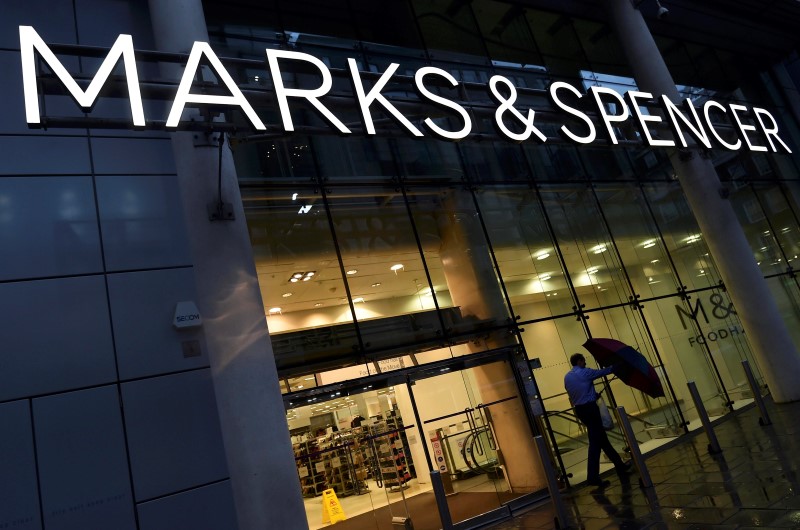By Peter Nurse
Investing.com - European stock markets weakened Thursday, with investors digesting the latest red-hot U.S. inflation release while festive trading statements placed the spotlight on the U.K. retail sector.
At 4 AM ET (0900 GMT), the DAX in Germany traded 0.2% lower, the CAC 40 in France dropped 0.6% and the U.K.’s FTSE 100 fell 0.2%.
Global markets are still studying the release of the December U.S. consumer price index, which posted the biggest annual increase since 1982. This release cemented expectations for repeated interest rate hikes in the coming 12 months, and followed Federal Reserve Chairman Jerome Powell pledging to curb inflation without derailing the economic recovery in his renomination testimony on Capitol Hill earlier this week.
Back in Europe, there are a number of ECB policy makers due to speak later Thursday, but this central bank is not seen as being close to raising interest rates due to the Eurozone's different labor market conditions and the greater fragility of recoveries in countries such as Italy.
In corporate news, the U.K. retail sector is in focus Thursday after a number of important players released trading statements that took in the important festive period.
Marks & Spencer (OTC:MAKSY) stock fell 5% despite the British retailer nudging up its profit outlook after it reported a strong Christmas performance. The group is recovering after a decade of decline, and its stock has nearly doubled over the past year.
Tesco (OTC:TSCDY) stock fell 2.1%, but remained close to its highest level since 2014, despite the U.K.'s biggest supermarket raising its full-year profit forecast, claiming its highest market share in four years.
On the flip side, ASOS (LON:ASOS) stock climbed 6.4% after the online fashion retailer was able to reiterate its - admittedly already downgraded - outlook despite supply chain problems hitting sales growth in the four months to the end of its year.
Elsewhere, Volkswagen (DE:VOWG_p) stock fell 1.7% after the German auto giant was forced to close two plants in the Chinese city of Tianjin due to recent Covid-19 outbreaks there. Toyota has already suspended production at its Tianjin plant.
The coronavirus continues to affect life in Europe. Germany reported over 80,000 coronavirus cases on Wednesday, a new daily record, prompting Chancellor Olaf Scholz to suggest compulsory injections for all adults. Greece is set to extend some restrictions, Denmark is to offer a fourth vaccination to vulnerable citizens, while U.K. Prime Minister Boris Johnson is struggling to maintain his position after admitting that he broke his own restrictions, claiming that he didn't realize that a gathering of over 40 people with drinks and snacks in his garden was a party (the invitation sent to over 100 people by his private secretary had invited guests to bring their alcoholic drinks).
Oil prices stabilized after mixed data from the U.S. Energy Information Administration. Wednesday’s release showed a drawdown of 4.5 million barrels in crude inventories last week, much larger than expected, with stockpiles at their lowest since October 2018. However, gasoline stockpiles increased by a hefty 8 million barrels, suggesting fuel demand has taken a hit from Omicron.
By 4 AM ET, U.S. crude futures edged higher to $82.67 a barrel, while the Brent contract rose 0.1% to $84.76. Both contracts jumped well over 1% in the previous session.
Additionally, gold futures fell 0.4% to $1,819.40/oz, while EUR/USD traded 0.2% higher to 1.1465, a two-month high.
